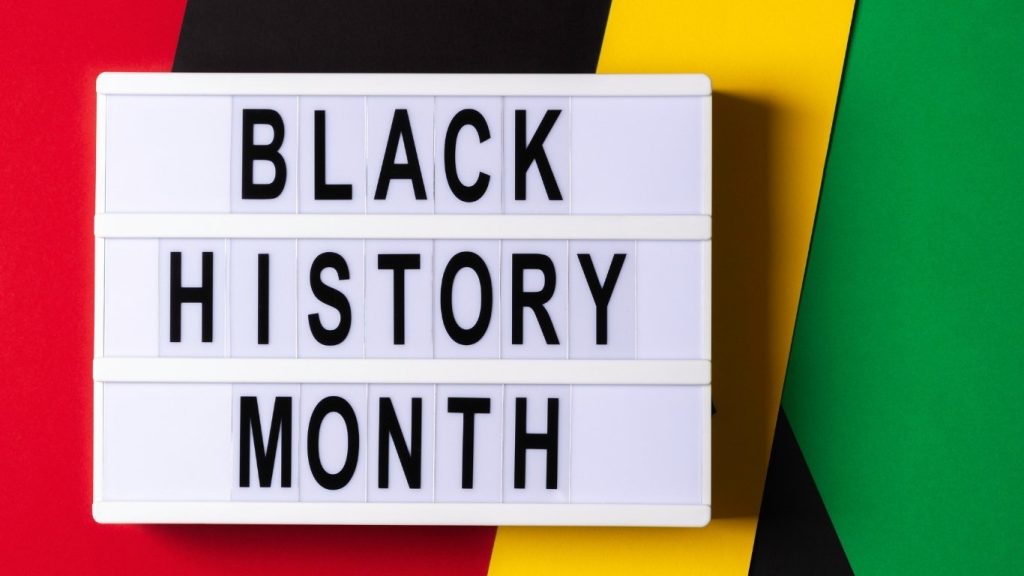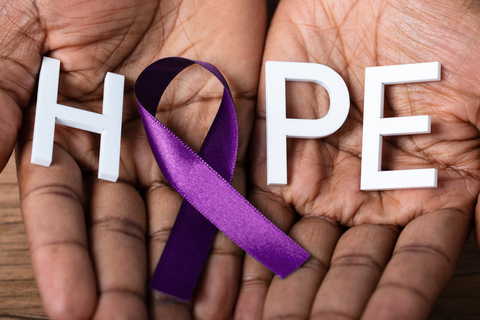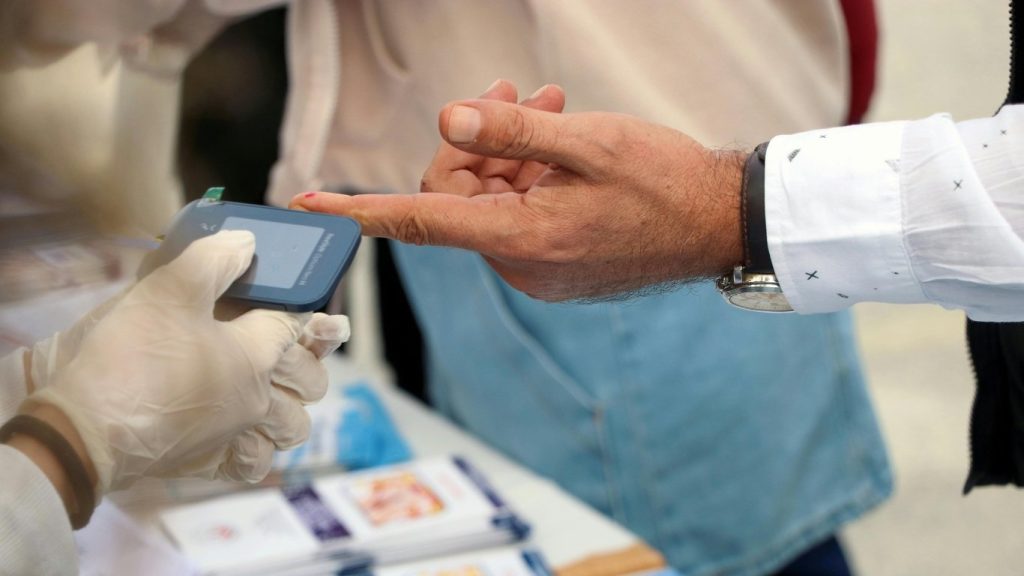- By Adjoa Kyerematen

In Washington, it’s easy to talk about nutrition as an idea. But in Anacostia, or the Bronx, or rural Mississippi, “nutrition policy” lives in the distance between the corner store and the nearest full-service grocery. It lives in the hours people don’t have to cook from scratch, and in the cost of strawberries when rent’s due next week. That’s the quiet truth behind Secretary Robert F. Kennedy Jr.’s Make America Healthy Again (MAHA) agenda — a sweeping attempt to reshape how the U.S. thinks about food, medicine, and prevention. The plan, announced earlier this year, calls for nutrition to become a cornerstone of medical education and urges a national reduction in ultra-processed food consumption. Kennedy insists the shift will teach future doctors to treat food as medicine, a philosophy he’s echoed in interviews and on the campaign trail. But critics say that’s not enough when millions of Americans can’t afford the prescription.
A Good Idea Meets an Uneven Map
The agenda’s most ambitious promise — weaving nutrition into every level of medical education — could mark a cultural turning point. If implemented well, it would mean physicians are finally taught how diet links to chronic disease before patients reach the ICU. According to a CDC-supported study published in JAMA, suboptimal diet is associated with roughly one in five deaths among U.S. adults, largely due to conditions like heart disease and diabetes.
Still, the challenge isn’t knowledge; it’s access. Food deserts don’t disappear because a doctor knows more about kale. The USDA estimates that over 17 million Americans live in areas with limited access to affordable, nutritious food. In many communities, fast-food chains outnumber grocery stores, and the nearest produce aisle may require two bus transfers. Whole neighborhoods remain cut off from affordable produce, reliable transit, and time — the three invisible ingredients every “healthy diet” depends on.
The Contradictions
Kennedy has publicly praised Mom’s Meals, a company that delivers “wholesome, medically tailored” foods to patients nationwide. Yet many of these meals were ultra-processed and high in sodium, raising questions about the administration’s commitment to the “whole foods first” philosophy.
Meanwhile, the Department of Health and Human Services, under Kennedy’s direction, is moving to revoke authorization for several synthetic food dyes — including Red Dye No. 3 — citing potential neurobehavioral risks in children. The move has been applauded by public health advocates, though some experts caution that enforcement and labeling standards will determine whether the policy makes a measurable difference.
The message — “eat better” — risks flattening into performance if structural inequity isn’t part of the recipe.
What Comes Next
To work, MAHA has to marry vision with logistics: funding for community grocery models, culturally relevant nutrition programs, and data transparency to track whether outcomes actually improve across race and income lines.
It’s a rare moment when nutrition sits at the center of national health policy. The question is whether it will feed lasting change — or just another cycle of promises served cold.
Trending Topics
Features
- Drive Toolkit
Download and distribute powerful vaccination QI resources for your community.
- Health Champions
Sign up now to support health equity and sustainable health outcomes in your community.
- Cancer Early Detection
MCED tests use a simple blood draw to screen for many kinds of cancer at once.
- PR
FYHN is a bridge connecting health information providers to BIPOC communities in a trusted environment.
- Medicare
Discover an honest look at our Medicare system.
- Alliance for Representative Clinical Trials
ARC was launched to create a network of community clinicians to diversify and bring clinical trials to communities of color and other communities that have been underrepresented.
- Reducing Patient Risk
The single most important purpose of our healthcare system is to reduce patient risk for an acute event.
- Subash Kafle
- Jessica Wilson
- Subash Kafle

















